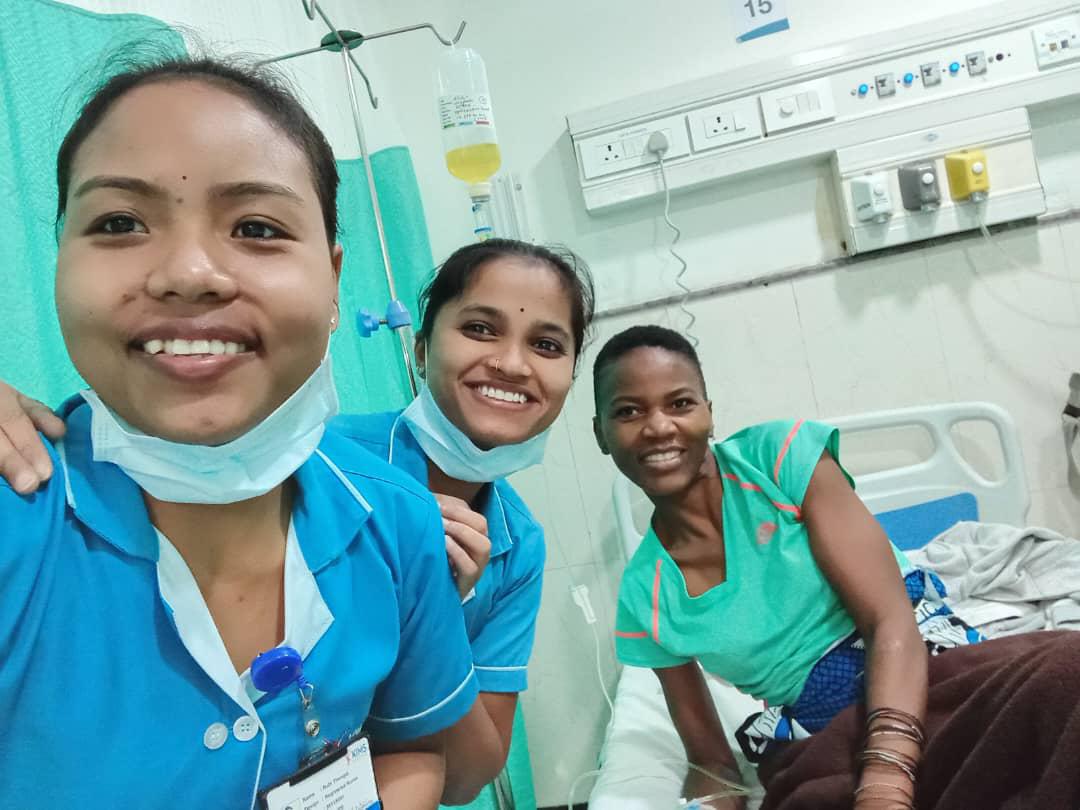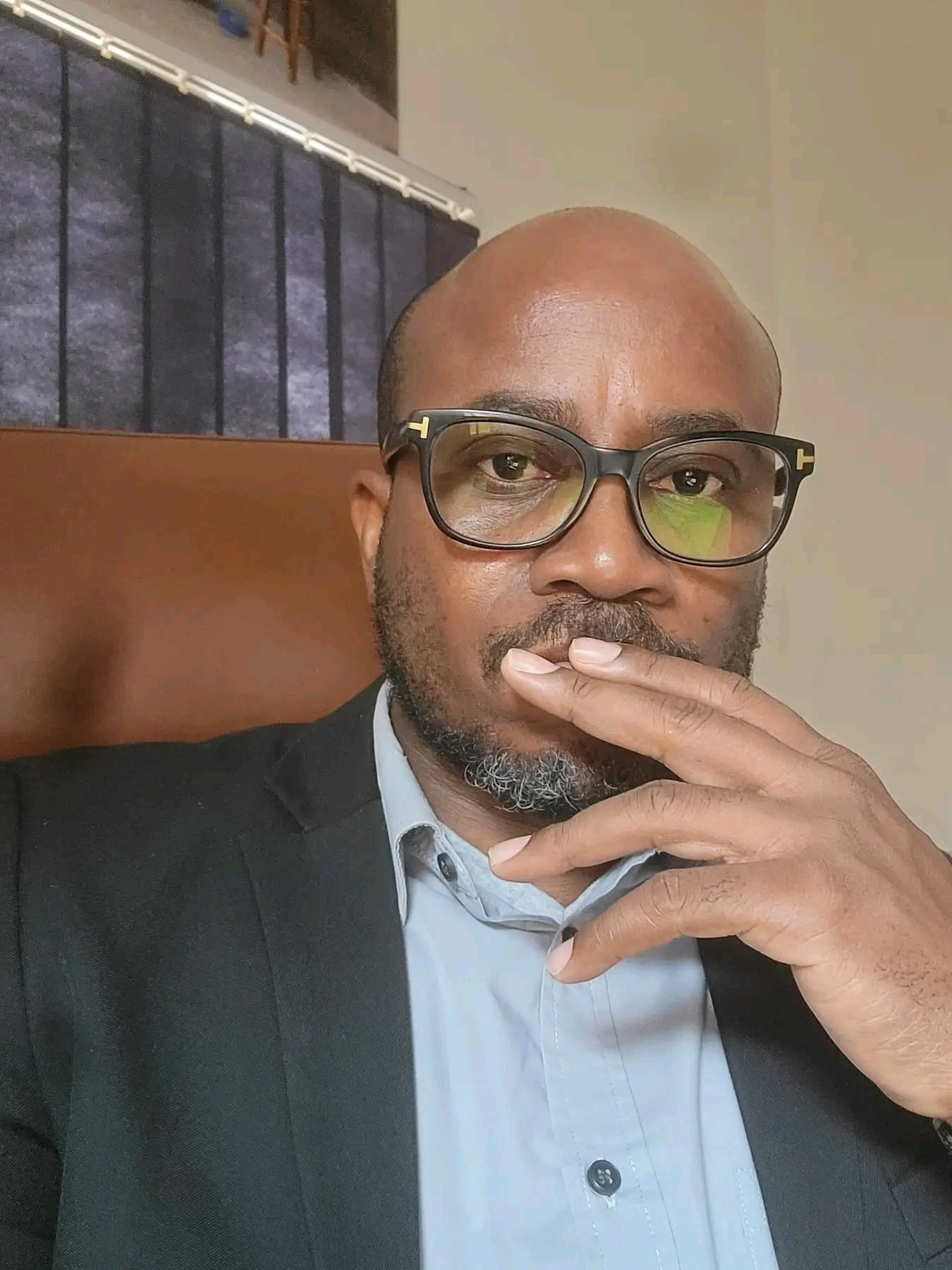WHEN Prisca Siwakwi, a 48 year old librarian at ZNBC Kitwe Studios boarded a plane to India last December, she was a shadow of her former self.
https://www.facebook.com/share/p/1HPZrNwxzR
The once vibrant Kitwe librarian, wife and mother of four was frail, exhausted and unsure if she would ever see home again.
Her body weighed just 38 kilogrammes, drained by relentless stomach pains, heavy bleeding and the brutal side effects of cervical cancer.
“I never thought I was going to come back to Zambia alive,” Prisca told Kalemba in an interview.
“Cancer treatment is very harsh. I experienced the worst such as diarrhea, vomiting and constipation. There were days I couldn’t even recognise myself in the mirror.”
Today, Prisca sits upright and stronger with each passing day as a stage two cervical cancer survivor and now a voice of hope for other women.
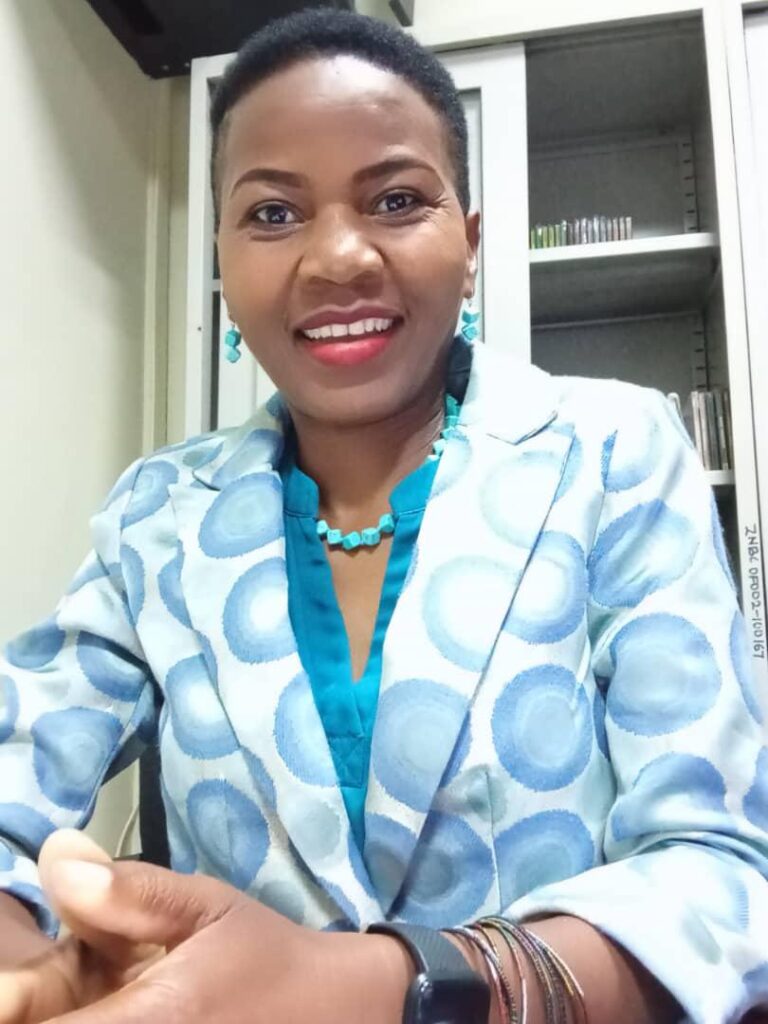
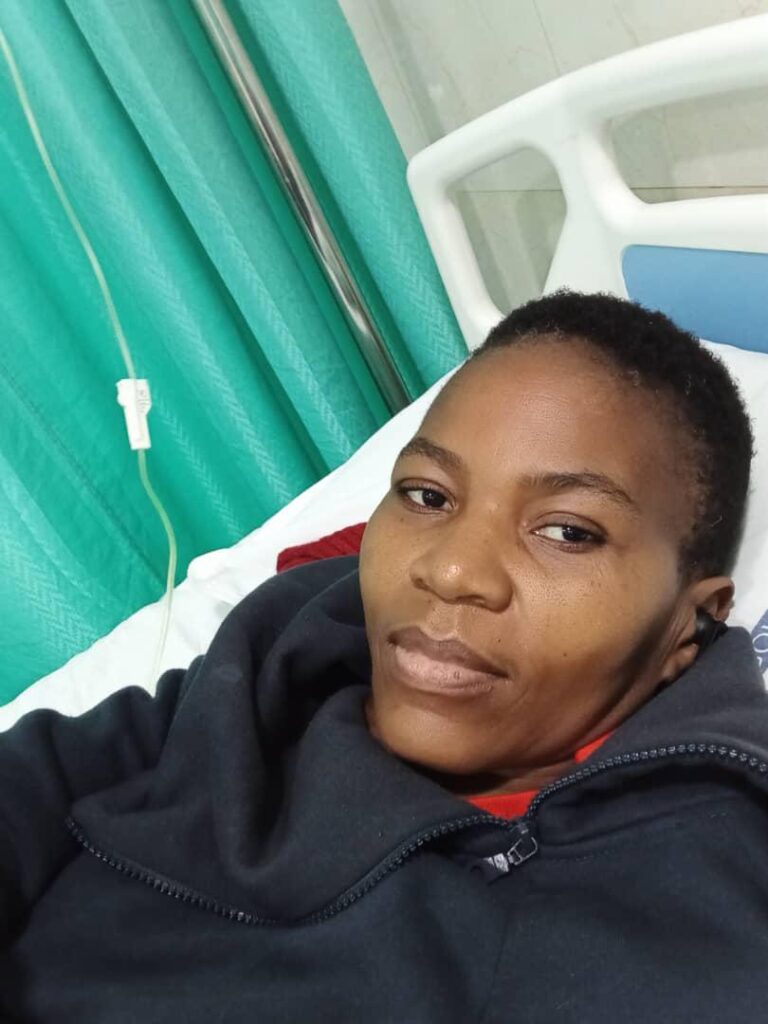
“I give God all the glory for my recovery and strength. His mercy carried me,” she said.
Prisca said before she got diagnosed, she had always been disciplined about her health. For years, she faithfully went for cervical cancer screening, but in 2022, she broke the routine.
“Cervical cancer screening can save lives. Don’t wait until it’s too late; take control of your health. I used to go for screening every year until 2022 when I just felt lazy to go when I was scheduled to go. I stayed for about two years until I started experiencing stomach and back pain,” she explained.
That decision would later change her life. Months later, she began experiencing persistent stomach and back pain, coupled with prolonged and unusually heavy periods.
At first, doctors thought she had fibroids and when the pain refused to go away, she was referred to a special clinic where a gynaecologist advised her to undergo cervical cancer screening.
Three weeks later, her results came back and they confirmed her greatest fear of having cervical cancer.
“I was devastated. I was confused. The only thought that came into my mind was that I was going to die soon,” she recalls.

By the time of her diagnosis, the disease had already advanced to stage two, a painful reminder, she says, of the cost of delaying screening.
In December last year, Prisca travelled to India for specialised treatment and what followed was three months of the most gruelling battle of her life.
“Cancer treatment is not just about medicine. It tests every part of you, your body, your emotions, your spirit,” she explained.
The chemotherapy and radiotherapy left her fragile with her weight plummeting to just 38kg and the side effects seemed unending.
“But I chose to remain positive,” she said. “I kept reminding myself, I have four children, I must fight for them.’”
She revealed that her husband became her anchor, her family and friends her daily encouragers and fellow survivors, especially cancer advocate Karen Nakawala gave her strength when she almost gave up.
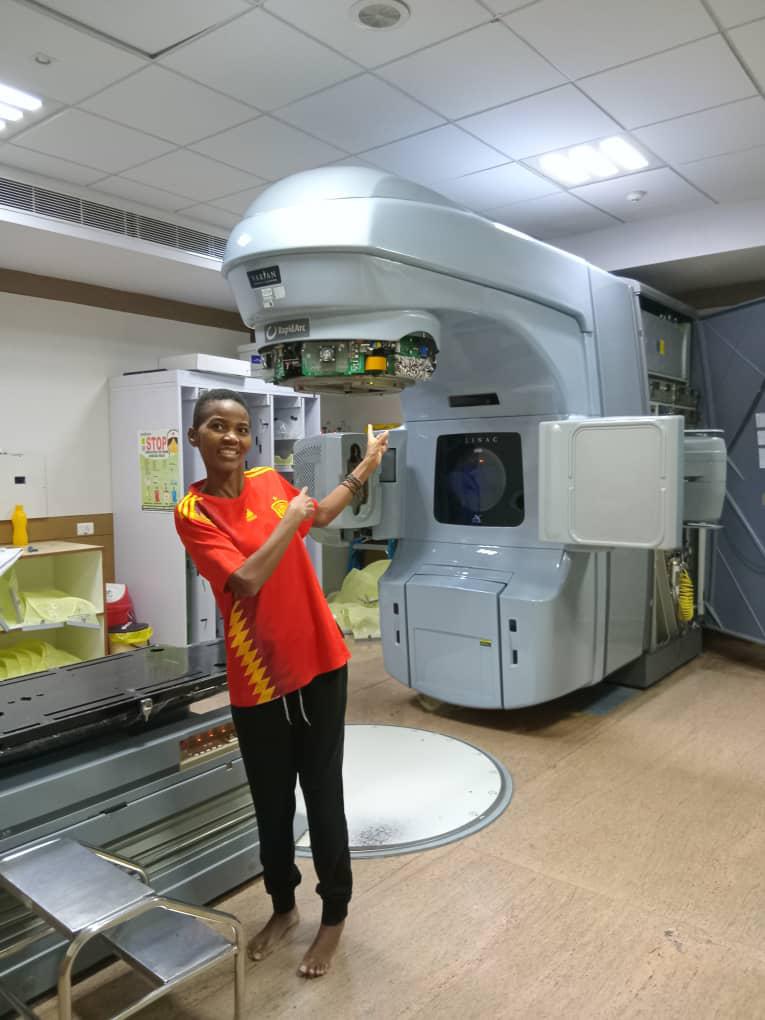
Now back in Kitwe, Prisca has turned her survival into a mission as she wants her story to be both a warning and a source of encouragement.
“Cervical cancer screening can save lives. Don’t wait until it’s too late. Please, go for screening,” she urged.
Her message to mothers is heartfelt: “Take your daughters for the HPV vaccination. It’s a crucial step in protecting them from this disease. Prevention is far better than cure.”
For those who may be facing a cancer diagnosis today, her words are full of empathy.
“You are not alone. This diagnosis does not define you. Take it one step at a time and lean on your support system. You are stronger than you think. Many people have survived cancer, you can too.”
Prisca said she believes silence around cervical cancer is one of its deadliest weapons. Stigma, fear and misinformation often prevent women from seeking help early.
Cervical cancer remains one of the leading causes of cancer deaths among women in Zambia.
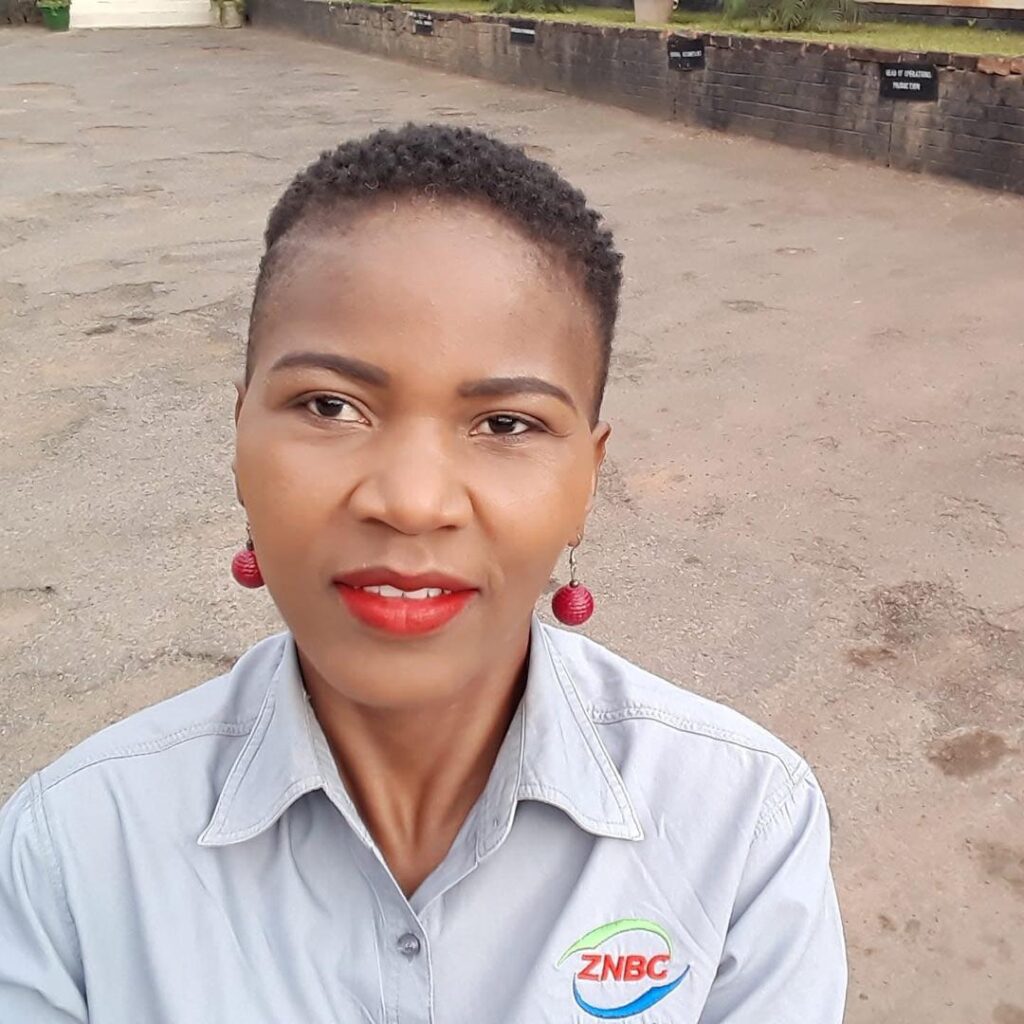
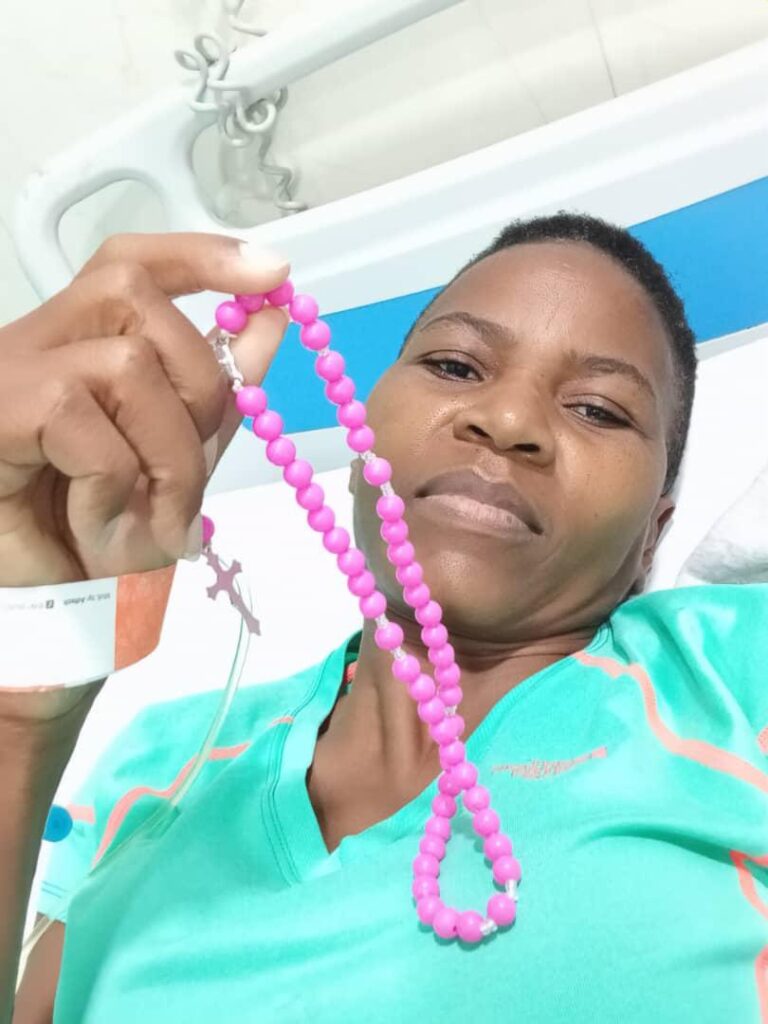
According to experts, the disease is primarily caused by the Human Papillomavirus (HPV).
Early detection through regular screening can prevent most cases and government provides free screening services in many public health facilities.
Vaccination of young girls against HPV is one of the strongest protections available.
Prisca advised women to never ignore screenings if they are to prevent or survive the deadly disease.
“Don’t ignore screenings, even if you feel healthy. Pay attention to your body unusual bleeding or persistent pain should never be dismissed. Seek support from family, friends, church and cancer groups because no one should go through this alone,” she said.
“Stay positive, even when the road is rough and hold on to faith, because, God’s presence gave me strength when medicine was not enough.”
By Catherine Pule
Kalemba, August 20, 2025


